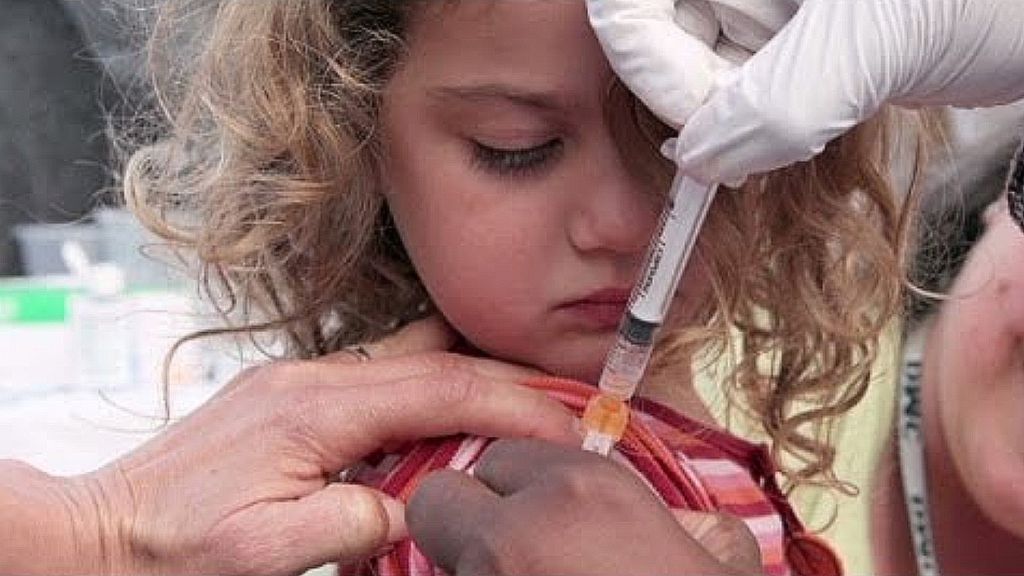Male rat offspring showed a ‘marked reduction’ in social interaction as well as reduced coordination and agility.
A study from Turkey discovered that female rats injected with mRNA COVID-19 vaccines gave birth to offspring exhibiting symptoms of autism and lower neuronal counts in the brain.
The peer-reviewed study, published in the Neurochemical Research journal on Jan. 10, examined the links between COVID-19 mRNA vaccines and neurodevelopmental disorders, with a focus on autism. It analyzed the offspring of pregnant rats injected with Pfizer’s mRNA COVID-19 vaccines during gestation. Researchers found that the vaccines had a “profound impact on key neurodevelopmental pathways,” with the male offspring exhibiting “pronounced autism-like behaviors, characterized by a marked reduction in social interaction and repetitive patterns of behavior.”
“Furthermore, there was a substantial decrease in neuronal counts in critical brain regions, indicating potential neurodegeneration or altered neurodevelopment. Male rats also demonstrated impaired motor performance, evidenced by reduced coordination and agility.”
In the study, female rats were randomly assigned into two groups. Those in Group 1 received an intramuscular saline injection on the thirteenth day of gestation, while rats in Group 2 received Pfizer shots on the same day. There were seven female rats in Group 1 and eight in Group 2, totaling 15 rats.
A total of 41 offspring were born—20 among the saline group and 21 among the vaccinated. The offspring were subjected to multiple behavioral tests 50 days after their birth, with researchers noting down their performances:
- Open Field Test, which tested for general locomotor activity and anxiety.
- Novelty-Induced Rearing Behavior, which evaluated the offspring for their exploratory behaviors.
- Three-chamber Sociability and Social Novelty Test, which assessed the offspring’s sociability.
- Rotarod Test, which analyzed the offspring’s motor skills and endurance.
Researchers found a “significant difference” between males and females in the vaccine group in terms of motor coordination and balance, with the male offspring exhibiting “more pronounced” impaired abilities.
However, no such sex-based differences in motor coordination and balance were observed in the offspring born from rats administered with saline.







